Triglycerides are a type of fat (lipid) found in your blood. The body makes them from extra calories it doesn’t need right away and stores them in fat cells. Later, hormones release triglycerides for energy between meals. While your body needs some triglycerides to function properly, high levels can raise the risk of heart disease, stroke, and pancreatitis. Triglyceride levels are usually checked with a blood test as part of a cholesterol or lipid profile.
High triglycerides often occur alongside high cholesterol, especially in people with poor diets or inactive lifestyles. Managing both is essential because they contribute to plaque buildup in the arteries, which can block blood flow and cause serious cardiovascular problems. Doctors usually check both levels in a lipid profile test to assess your heart health and decide on treatment.
Cholesterol and triglyceride levels vary by individual. Always consult your doctor for proper testing, diagnosis, and personalised advice.
Cholesterol and triglycerides treatment is essential to prevent the silent but serious damage these fats can cause inside the body. High levels of bad cholesterol (LDL) and triglycerides can lead to the gradual buildup of plaque in the arteries, increasing the risk of heart attacks, strokes, and other cardiovascular diseases. Because these conditions often develop without obvious symptoms, early treatment, through lifestyle changes or medications, is crucial for long-term heart health.
Understanding the causes of abnormal cholesterol or triglyceride levels helps guide effective treatment. Some of the most common causes include:
High cholesterol and Triglycerides usually don’t cause any noticeable symptoms. These build up silently in the body over time, which is why it’s often called a “silent condition.” Most people don’t know they have it until it causes serious health problems, such as a heart attack or stroke. However, in some cases, very high levels may cause signs such as:
Since symptoms are rare, regular blood tests (lipid profiles) are the only reliable way to detect high cholesterol and triglycerides early.
Doctors may recommend cholesterol and triglycerides treatment when certain signs or risk factors suggest a higher chance of cardiovascular disease. Treatment becomes necessary in the following situations:
Lowering cholesterol is essential for protecting your heart and overall health. Here are effective, evidence-based ways to reduce high cholesterol levels:
1. Eat Heart-Healthy Foods
2. Exercise Regularly
3. Lose Extra Weight
4. Quit Smoking
5. Limit Alcohol
6. Take Medications if Needed
Always consult your doctor before making lifestyle changes or starting medications for cholesterol management. Individual needs may vary.
Regular physical activity is one of the most effective ways to lower high triglyceride levels. Exercise helps burn calories, reduce body fat, and improve how your body uses fats for energy. The Best Exercises to Lower Triglycerides are:
1. Brisk Walking or Jogging
2. Cycling
3. Swimming
4. Aerobic or Cardio Workouts
5. Resistance Training (2 to 3 times per week)
6. HIIT (High-Intensity Interval Training)
Exercise plans should be tailored to your health condition and fitness level. Consult your doctor before starting any new physical activity, especially if you have heart disease, high cholesterol, or other medical conditions.
Early management gives the best results, especially before high cholesterol leads to heart disease or stroke. If you or your loved ones are at risk, Bangla Health Connect helps you consult top heart specialists at leading hospitals worldwide.
.png)
Through Bangla Health Connect, Bangladeshi patients can connect with leading hospitals worldwide that specialise in heart health and lipid management. Families often travel abroad because these centres offer proven expertise, advanced diagnostics, and reliable outcomes.
Here’s why patients choose Bangla Health Connect for getting treatment abroad:
With Bangla Health Connect, Bangladeshi patients gain access to reliable, affordable, and world-class care for cholesterol and triglycerides, supported every step of the way.
Bangla Health Connect connects patients with leading hospitals worldwide. These centres are recognised for their expertise in cardiology, lipid management, and preventive heart care, with strong support for international patients.

.jpg)

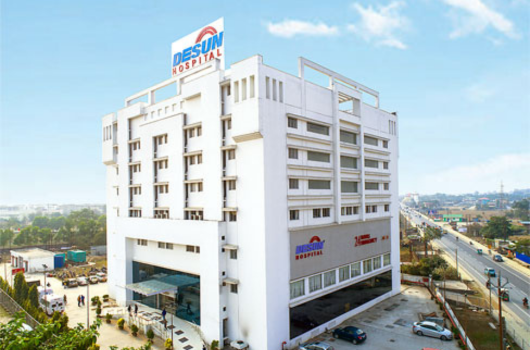
.png)
.png)

.jpg)

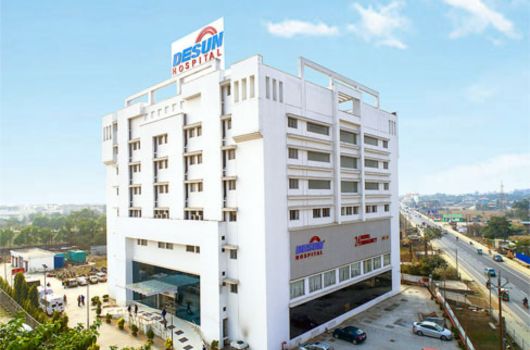




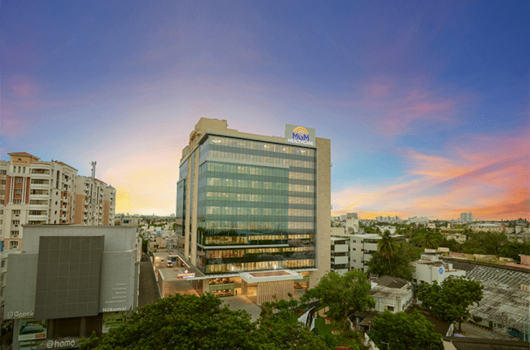


.png)

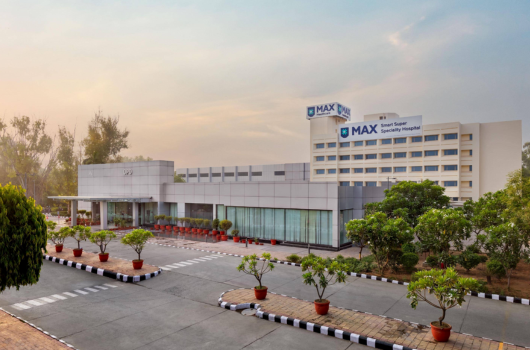
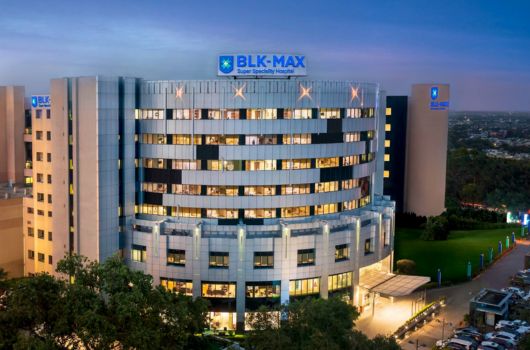
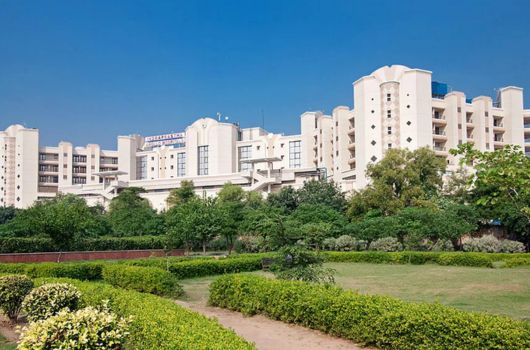


.jpg)


These hospitals follow global heart health and lipid management guidelines and provide full support for Bangladeshi patients through Bangla Health Connect.
The average cost of cholesterol and triglycerides treatment is about $8 to $90 in India and $550 to $1,300 in Thailand. The final cost may vary based on multiple factors such as the treatment method, hospital location, and type of tests. Before viewing the detailed table of treatment-wise costs, it's helpful to understand what influences these expenses most.
Note: India is well known for offering cost-effective advanced cardiac and lipid care. Hospitals combine affordability with reliable outcomes, supported by experienced cardiologists, modern diagnostics, and the availability of generic medicines.
Note: Thailand’s hospitals are often promoted as premium destinations for international patients. Their higher costs reflect the use of advanced imported medicines, luxury infrastructure, and all-inclusive patient care packages.
The costs listed are approximate and may vary based on hospital, location, and patient needs. Consult the healthcare provider for accurate and updated information.
The currency conversion rates in the table above are based on data from October 2025.
For more help on cost estimates and personalised guidance, contact Bangla Health Connect.
Success in cholesterol and triglycerides management means lipid levels are controlled, and the risk of heart disease is significantly reduced, allowing the person to live a healthy, active life.
Cholesterol treatment with Statin medications is proven to be effective. Moderate-intensity statins typically lower LDL cholesterol by 30 to 50%, while high-intensity statins reduce it by over 50%. In clinical practice, around 50 to 70% of patients reach their target cholesterol levels, especially when supported by diet and lifestyle changes.
Maintaining healthy cholesterol over time requires regular lipid tests, medical follow-up, and daily habits like balanced eating and exercise. Large trials such as the Scandinavian Simvastatin Survival Study (4S) have shown that lowering cholesterol significantly reduces the risk of heart attacks, strokes, and early death.
Top hospitals focus on early detection, accurate diagnosis, and long-term management of cholesterol and triglyceride disorders. Their approach includes:
This combination of advanced technology, specialist expertise, and patient-centred care helps patients lower cholesterol, manage triglycerides effectively, and reduce the risk of heart disease and stroke.
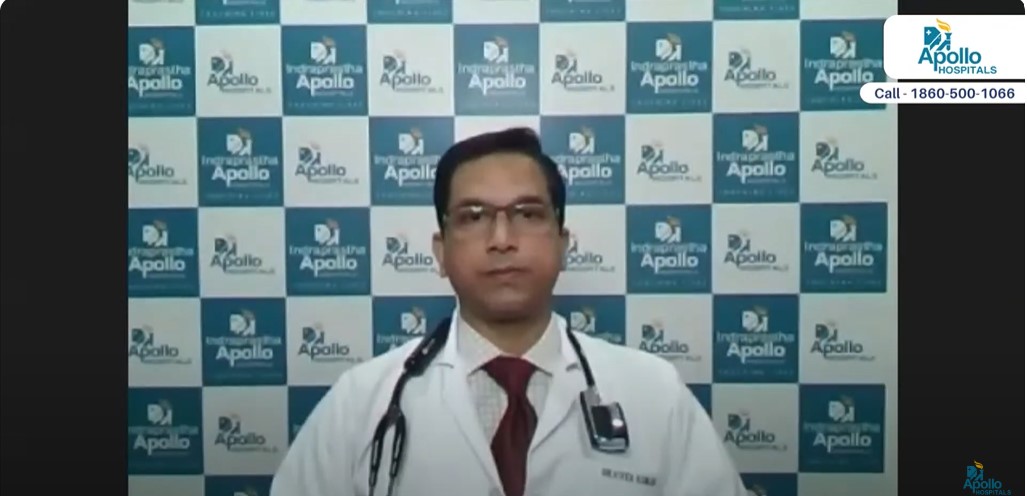
Dr. Vivek Kumar, a Senior Cardiologist at Apollo Hospital, Delhi, highlights the importance of understanding the differences between good (HDL) and bad (LDL, VLDL) cholesterol, along with maintaining ideal cholesterol levels. He emphasises that lifestyle changes, such as regular exercise, a balanced diet, and, with medications if needed, can help manage cholesterol effectively. He recommended early cholesterol screening, beginning at age 20 and continuing annually after the age of 40. He also addressed the connection between cholesterol, triglycerides, and diabetes, underscoring that regular health checks and healthier lifestyle choices are crucial for maintaining heart health. He encourages people to stay informed.
Bangla Health Connect helps Bangladeshi patients access safe and effective blood pressure care worldwide. Our team partners with leading hospitals to make every step from doctor consultations to travel and cost planning simple and stress-free.
Choosing hospitals through Bangla Health Connect gives you access to world-class cardiology care with full guidance and less stress. Start your journey with confidence; we are here to help you.
Note: Bangla Health Connect does not provide medical advice of any kind.
✅ Share Your Reports - Bangla Health Connect connects you with trusted hospitals worldwide.
✅ Get treatment plans from leading Hospitals worldwide
✅ Choose the one that fits you
✅ Let us handle the rest
Yes. Most countries require a medical or visitor visa for health check-ups. Bangla Health Connect helps you with the hospital invitation letters and all necessary paperwork.
Yes, you can bring one or two attendants with a medical attendant visa.
Most cholesterol management programs require 2 to 5 days.
Yes. We help with appointments, visa support, travel arrangements, and hospital coordination.
Doctors recommend checking once a year or more often if you have risk factors.
Limit foods high in saturated fats, trans fats, and added sugars. Foods and exercises affect individuals differently. Always consult your doctor or a certified dietician.
Brisk walking, cycling, swimming, and aerobic exercises can help lower triglycerides effectively. Always consult your doctor before starting a new exercise routine.

